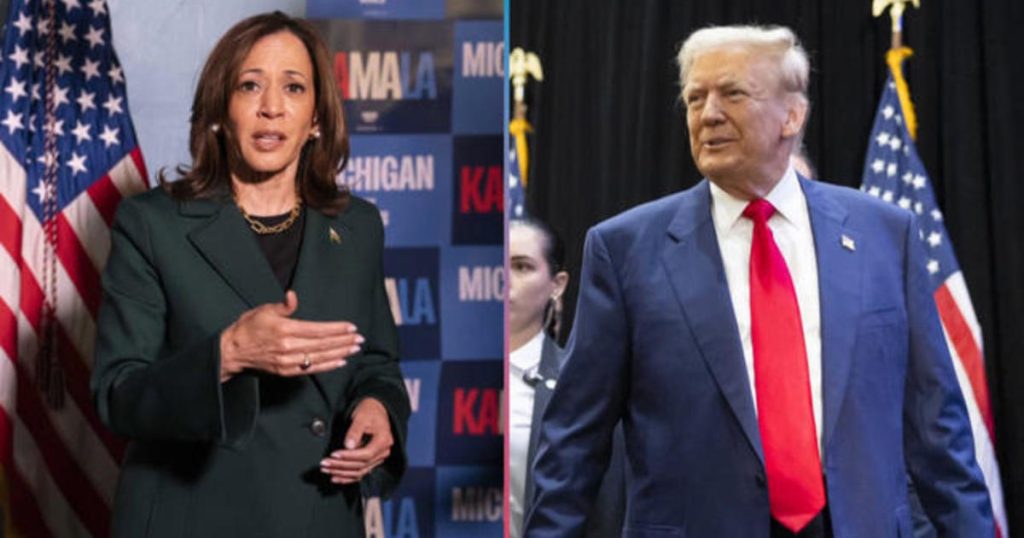The October 28 episode of CBS Evening News covered two major stories. The first story was about the Trump campaign facing scrutiny for a comedian’s racist and sexist remarks made at a rally. The comedian, who was hired by the campaign, made offensive comments targeting Democratic presidential candidate Joe Biden and his running mate Kamala Harris. The incident sparked outrage and criticism, with many condemning the campaign for allowing such language to be used in a public setting. The controversy highlighted the ongoing issue of hateful rhetoric in political discourse, and raised questions about the responsibility of campaign organizers to ensure that speakers adhere to standards of decency and respect.
The second story reported on the rising rates of lung cancer among nonsmoking Asian women. Statistics show that lung cancer is becoming more prevalent in this demographic, despite the fact that they do not engage in smoking, which is a leading cause of the disease. Experts are attributing the increase to other factors such as exposure to secondhand smoke, environmental pollutants, and genetic predisposition. The alarming trend underscores the need for greater awareness and research into the causes of lung cancer in nonsmoking populations, and the development of targeted interventions and support services for those at risk.
The controversy surrounding the Trump campaign’s use of a comedian with a history of making racist and sexist comments highlights the challenges of maintaining decorum and civility in political events. The incident raises questions about the vetting process for speakers and performers hired by campaigns, and the importance of upholding standards of respect and tolerance in public discourse. Many critics have called for accountability and a reevaluation of the campaign’s practices to prevent similar incidents from occurring in the future. The incident also sheds light on the broader issue of hateful rhetoric in political discourse, and the impact it can have on public perception and social division.
The report on the increasing rates of lung cancer among nonsmoking Asian women underscores the complexity of the disease and the need for targeted interventions to address specific risk factors. While smoking is a well-known cause of lung cancer, the rise of the disease in nonsmokers highlights the need for greater research and understanding of other contributing factors. Environmental pollutants, secondhand smoke, and genetic predisposition are all potential factors that may be driving the increase in lung cancer cases among this demographic. The findings underscore the need for tailored prevention and early detection strategies to address the unique risks faced by nonsmoking populations.
The Trump campaign’s response to the controversy over the comedian’s offensive remarks has been met with criticism and calls for accountability. The campaign issued a statement condemning the remarks and distancing themselves from the comedian, but many have questioned the sincerity of their response. Critics argue that the incident reflects a broader pattern of tolerance for hateful rhetoric and inflammatory language within the campaign, and that more decisive action is needed to address the issue. The incident has reignited debates about the role of political campaigns in promoting respectful discourse and setting standards for acceptable behavior in public settings.
Overall, the two stories covered in the October 28 episode of CBS Evening News shed light on important issues related to politics and public health. The controversy surrounding the Trump campaign’s use of a comedian with a history of making offensive comments highlights the need for greater scrutiny and accountability in political events. The report on the rising rates of lung cancer among nonsmoking Asian women underscores the need for targeted interventions and research to address the unique risk factors faced by this demographic. Both stories serve as reminders of the importance of promoting respect and civility in public discourse, and the need for proactive measures to address pressing health concerns in vulnerable populations.















